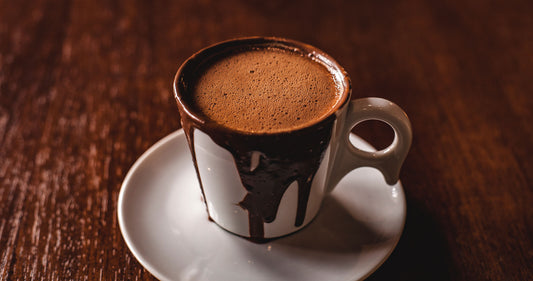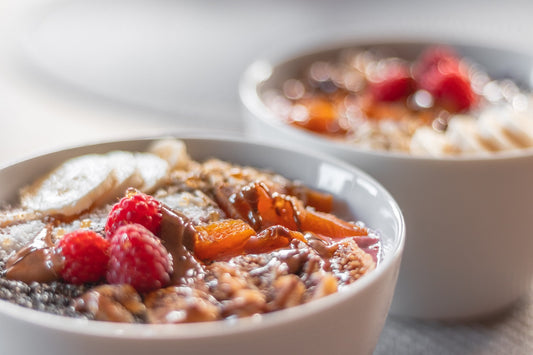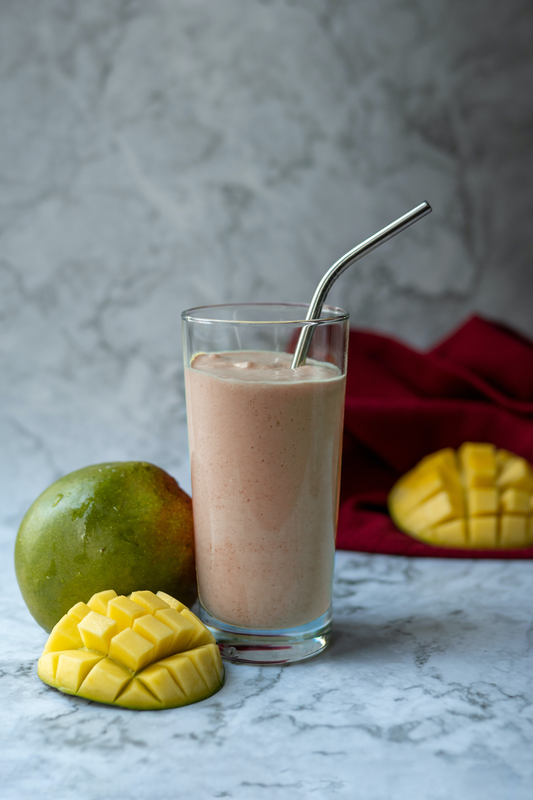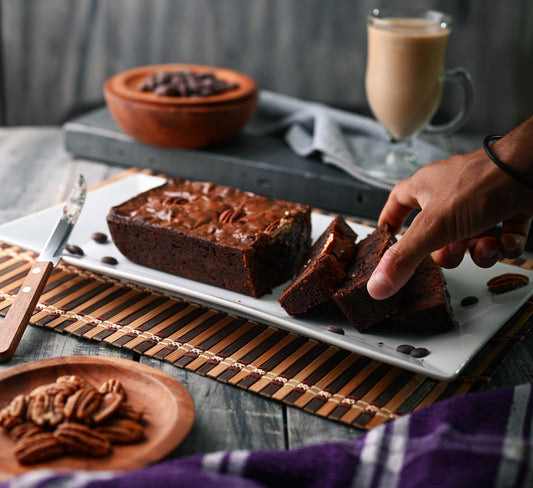
What is triphala?
Triphala is a powdered mix of three berries, the combined benefits of which are said to be more potent than when used individually. The berries come from the medicinal plants Emblica officinalis, Terminalia chebula, and Terminalia belerica – commonly referred to as amla, bibhitaki, and haritaki. This combination has been used in Ayurveda, the traditional medical system of India, for over 1000 years according to the foundational texts of this practice.1
What are the uses and benefits of triphala?
Traditionally, triphala has been used to promote efficient digestion, absorption, elimination, and rejuvenation, though the original texts cite many more benefits and uses for this powder.1 Modern and preclinical studies conducted on the herb more specifically report antibacterial, anticancer, antiobesity, antiarthritic, anti-inflammatory and hypolipidemic (fat-reducing) properties.2 Results from preclinical studies suggest it may also protect against intestinal damage, colitis, and kidney toxicity.2
How can this powder have so many applications and benefits? Analysis of the compounds in triphala shows many healthful plant compounds, like polyphenols and flavonoids, that are thought to be responsible for many of its beneficial effects on different organs and tissues throughout the body. Gallic acid, for example, is a major polyphenol that has antioxidant and immunomodulatory (stimulates or suppresses the immune system) properties.2
How and when to take triphala

It is best to take triphala on an empty stomach or between meals. This can be taken as a capsule or as a powder that is mixed in liquid. Powder is preferred as the dose can be better controlled. Large doses of triphala can be a strong stimulator of the digestive system and cause diarrhea, so you should start with a small triphala dosage, as low as 500 mg. If taking lower doses and no adverse reactions occur, you can work your way up to 5 grams if tolerated well.
Who shouldn’t take Triphala? Triphala Side Effects and Safety and Considerations
While many people find that triphala has a gentle effect and does not cause adverse reactions, you should proceed with the same caution that you would take if starting any new supplement. If you are taking CYP substrate drugs, you should not take triphala without consulting your healthcare provider as triphala may increase the risk of side effects from this kind of medication.2 People taking blood thinners or at risk for bleeding disorders should also consult a healthcare professional before taking triphala. Triphala is not recommended for pregnant or lactating women and should not be administered to children.
References
- Bhishagratna K. An English Translation of the Sushruta Samhita, Based on Original Sanskrit Text, with a Full and Comprehensive Introd., Additional Texts, Different Readings, Notes, Comparative Views, Index, Glossary And Plates, 2nd ed. Varanasi, India: Chowkhamba Sanskrit Series Office, 1963
- Memorial Sloan Kettering Cancer Center. Triphala. January 5, 2022. https://www.mskcc.org/cancer-care/integrative-medicine/herbs/triphala
- Peterson CT, Denniston K, Chopra D. Therapeutic Uses of Triphala in Ayurvedic Medicine. J Altern Complement Med. 2017;23(8):607-614. doi:10.1089/acm.2017.0083
- Tarasiuk A, Mosińska P, Fichna J. Triphala: current applications and new perspectives on the treatment of functional gastrointestinal disorders. Chin Med. 2018;13:39. Published 2018 Jul 18. doi:10.1186/s13020-018-0197-6.
- Dhanalakshmi S, Devi RS, Srikumar R, Manikandan S, Thangaraj R. Protective effect of Triphala on cold stress-induced behavioral and biochemical abnormalities in rats. Yakugaku Zasshi. 2007 Nov; 127(11):1863-7.
- Varma SR, Sivaprakasam TO, Mishra A, et al. Protective Effects of Triphala on Dermal Fibroblasts and Human Keratinocytes. PLoS One. 2016;11(1):e0145921. Published 2016 Jan 5. doi:10.1371/journal.pone.0145921.
- Sumantran, Venil & Kulkarni, Asavari & Harsulkar, Abhay & Wele, Asmita & Koppikar, Soumya & Chandwaskar, Rucha & Gaire, Vishakha & Dalvi, Madhuri & Wagh, Ulhas. (2007). Hyaluronidase and collagenase inhibitory activities of the herbal formulation Triphala guggulu. Journal of biosciences. 32. 755-61. 10.1007/s12038-007-0075-3.
- Kamali SH, Khalaj AR, Hasani-Ranjbar S, et al. Efficacy of 'Itrifal Saghir', a combination of three medicinal plants in the treatment of obesity; A randomized controlled trial. Daru. 2012;20(1):33. Published 2012 Sep 10. doi:10.1186/2008-2231-20-33.
- Gurjar S, Pal A, Kapur S. Triphala and its constituents ameliorate visceral adiposity from a high-fat diet in mice with diet-induced obesity. Altern Ther Health Med. 2012;18(6):38-45.
- Yang MH, Vasquez Y, Ali Z, Khan IA, Khan SI. Constituents from Terminalia species increase PPARα and PPARγ levels and stimulate glucose uptake without enhancing adipocyte differentiation. J Ethnopharmacol. 2013;149(2):490-498. doi:10.1016/j.jep.2013.07.003.
- Naiktari RS, Dharmadhikari C, Gurav AN, Kakade S. Determining the antibacterial substantivity of Triphala mouthwash and comparing it with 0.2% chlorhexidine gluconate after a single oral rinse: A crossover clinical trial. J Indian Soc Periodontol. 2018;22(6):498-502. doi:10.4103/jisp.jisp_265_18
- Bhattacharjee R, Nekkanti S, Kumar NG, Kapuria K, Acharya S, Pentapati KC. Efficacy of triphala mouth rinse (aqueous extracts) on dental plaque and gingivitis in children. J Investig Clin Dent. 2015;6(3):206-210. doi:10.1111/jicd.12094







